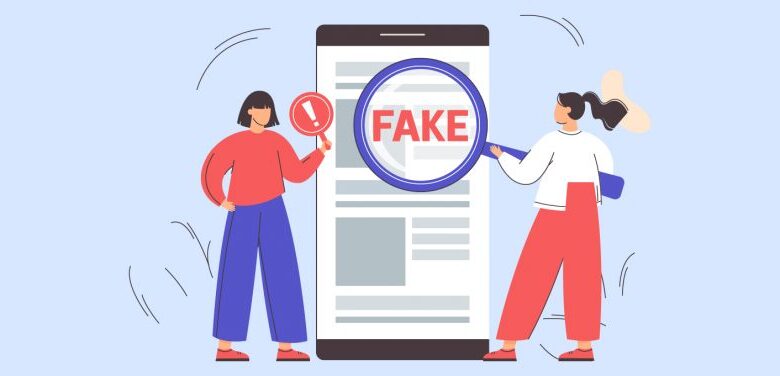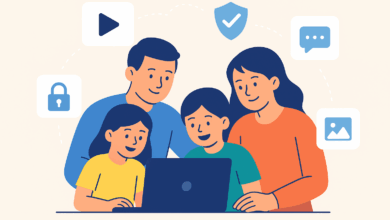Be Aware About the Spread of Social Media Hoaxes

We are in a digital and instant era. News spreads at speeds unimaginable a few decades ago. With one click of a button, a post, photo, or video goes up for millions of viewers to see within minutes. While this interrelatedness has many advantages, it has a very tangible and deadly flaw the rapid spreading of erroneous information, what we commonly call hoaxes. Being attuned to such hoaxes is more important than ever before, since they have the potential to shape opinions among the masses, create panic, and ruin reputations in seconds.
Understanding What a Hoax Really Is
Hoax refers to false or misleading information aimed at deceiving people. Hoax can be in the form of fabricated news stories, doctored photographs, faked data, or even fabricated videos. In social networking platforms where people tend to browse through quickly and forward quickly, the same hoax winds up going viral before it is established to be true.
In recent times, deepfake technology and AI content have made it even harder to separate fact from fiction. It is easy to produce fake images or videos convincingly in a matter of seconds, and hence critical analysis is essential before one becomes a believer or re-posts what they see on the internet.
Why Hoaxes Spread So Easily
There are many reasons social media hoaxes succeed. To start, we trust what our friends or family post. If we read something a friend or a relative has posted, we tend to believe it at face value without fact-checking. Two, social media algorithms are designed to prioritize trending posts not necessarily true posts. Posts that most get us angried up about, like becoming upset, fearful, or excited, will be shared quickly even if they are not true.
In addition, certain organizations or individuals deliberately spread hoaxes for social, economic, or political reasons. Hoaxes have a tendency to sway people’s views, discredit competitors, or push certain agendas. Thus, users’ information and critical thinking are valuable nowadays.
The Real-World Effects of Hoaxes
It is nothing but negative impacts when people believe and circulate hoaxes. Misinformation can lead to confusion during crises, disrepute institutions, and even prove to be life-threatening.
For example, during health emergencies like the COVID-19 pandemic, false information regarding vaccines and cures for diseases was disseminated widely, causing individuals to take risky choices. Likewise, a rumor that is false about natural disasters or crime can have undue panic and feeling of disturbance in society.
Even on a personal level, photoshopped images or misinformation can ruin one’s reputation within hours. Published, the same becomes nearly impossible to erase, reflecting how dangerous misinformation can be.

How to Spot and Steer Clear of Hoaxes
Be cautious does not mean do not believe anything on the web — it means be intelligent and take charge. The following are practical tips to protect yourself and others:
- Check the source. Make sure that the information comes from a reputable and authentic source.
- Check for supporting evidence. Good news is mostly reported by numerous sources, not a single one.
- Check the date and context. Irrelevant pictures or outdated news could be recycled to deceive people at times.
- Avoid emotional response. Hoaxes will most likely use sensational images or headlines to get people to overact.
- Use fact-checking websites. Websites like Snopes, AFP Fact Check, or Google Fact Check Tools can immediately check if a claim is true.
Spending those extra seconds checking first to share makes the cyber space safer and more trustworthy.
Creating a Culture of Digital Responsibility
In 2025, digital literacy isn’t a skillset — it’s a responsibility. Anyone on social media can choose to block or spread disinformation. Waking up means having it that you’re helping make the internet honest and reliable.
Take the time to share conversations regarding critical thinking, posting honestly, and reporting when you see fake things. The more we teach people about digital ethics, the better off the internet communities will be.
Closing Remarks
Hoaxes can always exist, but our awareness can keep them from being spread. As social media continues to shape the manner in which we learn and communicate, it is our responsibility to post truthfully.
So the next time you tap that “share” button, hold back first. Think, verify, and act sensibly, because knowledge is the greatest antidote to lying on the internet.

